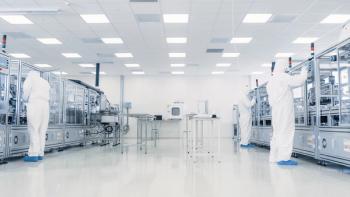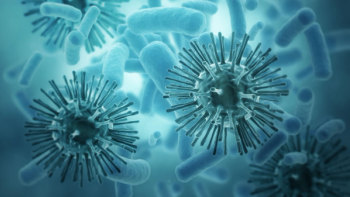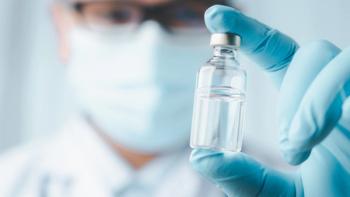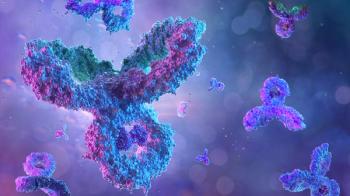
The industry considers applying automation and digitalization lessons learned during the COVID-19 pandemic to enhance workflows.

The industry considers applying automation and digitalization lessons learned during the COVID-19 pandemic to enhance workflows.

Mechanistic models provide process understanding for developing robust manufacturing processes and for scale up and tech transfer.

Models of biopharmaceutical processes can be used for speeding development and improving process control.

Scientific advances open the way to alternatives to animal testing and in-vivo assays.

Aadi Bioscience has closed its previously announced merger with Aerpio Pharmaceuticals and a concurrent $155-million PIPE investment.

The mission continues. Let science be the guide.

FSD Pharma has entered a definitive agreement to acquire all of the issued and outstanding shares of Lucid Psycheceuticals for approximately US$9 million (CAD$11.3 million) in FSD Pharma stock.

FDA has cleared QSAM Biosciences’s IND application for Samarium-153 DOTMP (CycloSam).

BioMed X has partnered with Janssen to start two new research programs for autoimmune diseases and drug delivery.

NGM Biopharmaceuticals has disclosed a fourth antibody drug candidate, NGM831, for development into an oncology therapeutic.

Pfizer’s proposed $2.26-billion acquisition of Trillium Therapeutics will add next-generation hematology-targeted immuno-therapeutics to its oncology pipeline.

Merck KGaA has partnered with Telix Pharmaceuticals to conduct combination clinical studies for cancer therapy.

Corning’s new Ascent fixed bed reactor (FBR) system is an automated bioproduction platform designed to significantly improve yields and reduce bioproduction costs.

The collaboration will focus on the interactions between WTX-124 indukine and KEYTRUDA (pembrolizumab).

Terumo Blood and Cell Technologies and PhotonPharma announced a collaboration to develop a novel tumor-specific immunotherapy for solid tumors.

The companies announce the results of a research collaboration that applied machine learning to significantly advance the scalability of spirulina-based biologic drugs.

A research team at the Keck Graduate Institute will work to adapt its decade-long low-cost vaccine R&D for developing countries into a COVID-19 vaccine.

AGC Biologics has acquired Novartis’ Longmont, Colorado, manufacturing facility for the commercial production of cell and gene therapies.

Syngene International appoints two US-based executives to senior level positions.

Nanoform and Boehringer Ingelheim have executed a master services agreement in relation to pre-clinical development projects.

A research collaboration will combine Imugene’s oncolytic virus technology with Celularity’s allogeneic CAR T-cell therapy.

FDA has approved AstraZeneca’s Saphnelo, a type I interferon receptor antibody for treating systemic lupus erythematosus.

FDA has accepted Genetech’s BLA for faricimab, a bispecific antibody in development for treating wet age-related macular degeneration and diabetic macular edema.

Advances in technology are accelerating the development and manufacture of subunit vaccines, an established class of vaccines.

Growing demand for bispecific antibodies increases the need for automated and miniaturized high throughput screening capabilities.